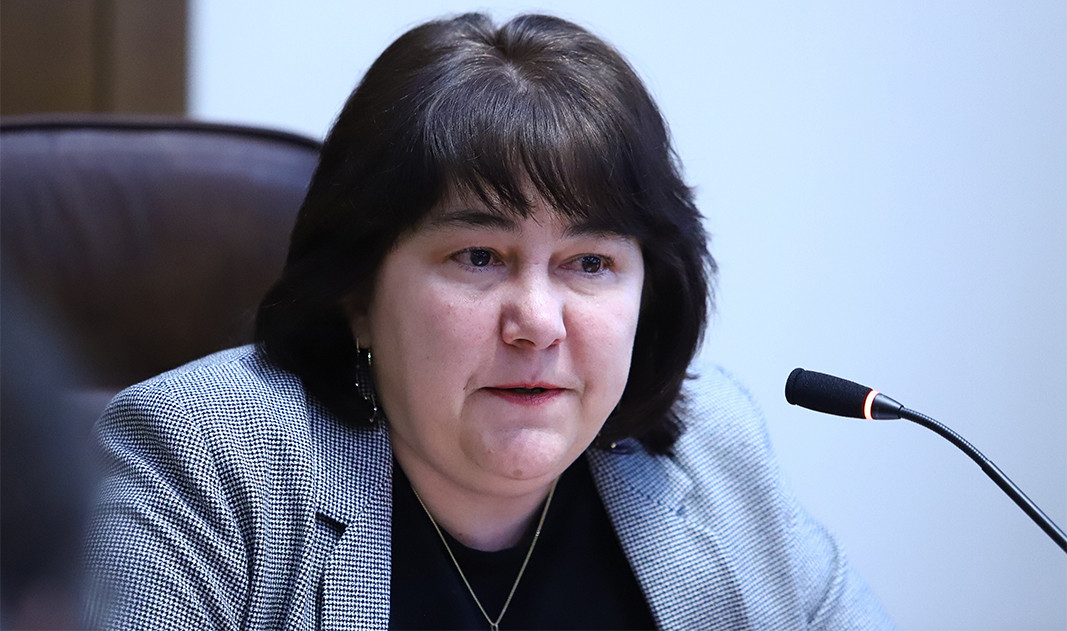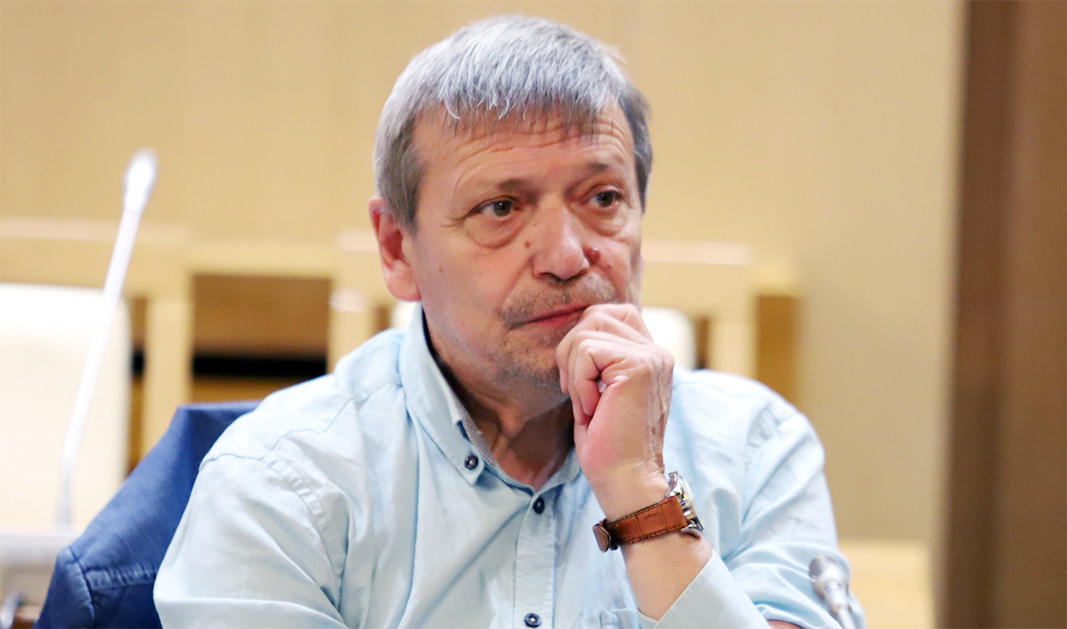The Ministry of Finance approved a concept of a draft bill of the state budget for 2023, according to which a deficit of 3% will be attained by raising some taxes, dropping preferential VAT as of mid-2023, and raising toll fees, as well as raising e-cigarette excise duty, and tightening financial control plus advance VAT payment for some kinds of commodities. One more measure is also envisaged, described by some analysts as “exotic” – the imposition of a one-time solidarity so-called “excessive profit tax” for the third and fourth quarter of 2023. All this is going to happen provided the future National Assembly, elections for which are scheduled for 2 April, votes to approve the draft budget of the current caretaker government. If the future MPs do not do that, if they vote to up the budget deficit, the country would enter an excessive deficit procedure, its membership of the Eurozone would be called into question and Bulgaria might have to resort to IMF loans, according to a report by the Finance Ministry.
The debates on the country’s financial situation and the possible scenarios for the development of public finances caused much commotion, and gave rise to fears of “state bankruptcy” and a need to change the EUR/BGN exchange rate, which were immediately rejected as untenable and taken “out of context” by the caretaker Prime Minister Galab Donev and the Finance Minister in his cabinet Rositza Velkova, and also by the Bulgarian National Bank.

“I want to reassure all Bulgarian citizens there is no risk of bankruptcy,” Mrs. Velkova said in an interview with public service TV BNT. “There is no risk to the currency board.”

“Reducing the deficit is only possible if the tax breaks for businesses are scrapped,” economist Krassen Stanchev says, and adds that if they are scrapped then the deficit would go down by around half a billion Leva from its current level. As a way to fill the holes in the budget, the caretaker cabinet has been floating the idea of an excessive profit tax. However, the idea has not been getting the support of either businesses or analysts. Krassen Stanchev says it would be difficult to implement.
“An excessive profit tax is quite a shocker,” Lydia Shouleva, former minister of economy and of social policy agrees. She says a better option is to scrap the compensations for businesses put in place over the pandemic and the rise in electricity prices. This kind of tax is a very exotic idea, said economist Stoyan Panchev in an interview with Radio Bulgaria, and added:

“The criterion suggested by Mrs. Velkova is the one used with companies in the energy sector. The formula is the average profit for the past 3 years + 20%,” Stoyan Panchev explains. “If any company’s results go above this result it is in excess profit and a tax amounting to 33% is levied on the difference.”
The scrapping of the VAT rates for the hotel and restaurant businesses, and the electricity bill concessions are worrying people from the industry. They say that such a step would bring in an additional 200-250 million Leva into the budget but that this would not be enough to make up for the deficits in the state budget.
What effect would it have on the prices for end consumers?
“Taking VAT back to the 20% mark will push up prices,” Stoyan Panchev says. “With restaurateurs things are a bit different, because they were afforded this concession as compensation for the closures during the pandemic. Now that there are no more closures it makes sense to scrap this measure. But that will certainly not be enough to fill in the holes in the budget, but the ministry’s idea is to collect the necessary money from different sources.”
Stoyan Panchev is sceptical as to how ready Bulgaria is for membership of the Eurozone in 2025:
“We know one of the criteria for membership is a deficit of below 3%. If we do not comply with this criterion, and some other requirements along with it, it will be even more difficult. Inflation is the other problem. Together with my colleagues from EKIP – the expert club for economics and politics – we made estimates which show that we are not likely to meet this criterion by the end of the year, and that inflation in the country will continue considerably higher than the inflation in the three Eurozone countries with the lowest inflation, compared to which the fulfillment of this criterion is estimated.”
Photos: BGNES, archive
A concession award procedure for Plovdiv Airport is planned, Deputy Premier and Minister of Transport and Communications Grozdan Karadjov said at a meeting with aviation industry representatives. Minister Karadjov emphasized that he supports the idea..
Bulgaria’s Minister of Finance Temenuzhka Petkova said that the turnover of large retail chains in Bulgaria decreased by 28.8% on the day of the boycott compared to the previous day, reported BTA. Temenuzhka Petkova took part in the meeting on..
The highest average salary in Bulgaria is in Sofia - 1732 euro, and the lowest in Smolyan - 826 euro. These are the data from the National Statistical Institute (NSI) for December 2024. Because of the salaries in the capital, the average salary in..

+359 2 9336 661
